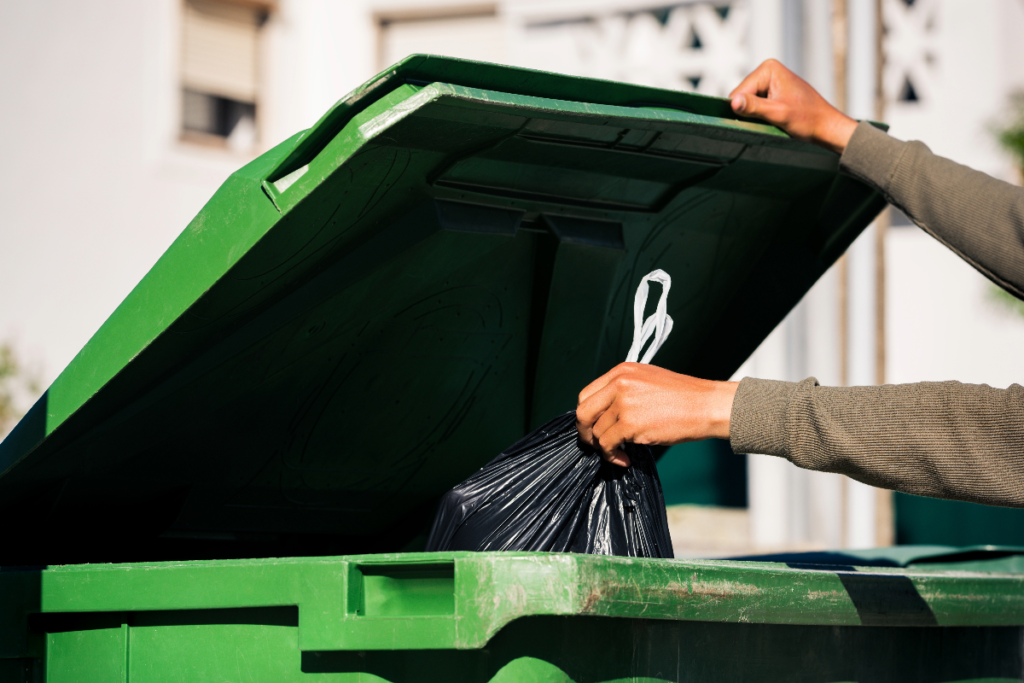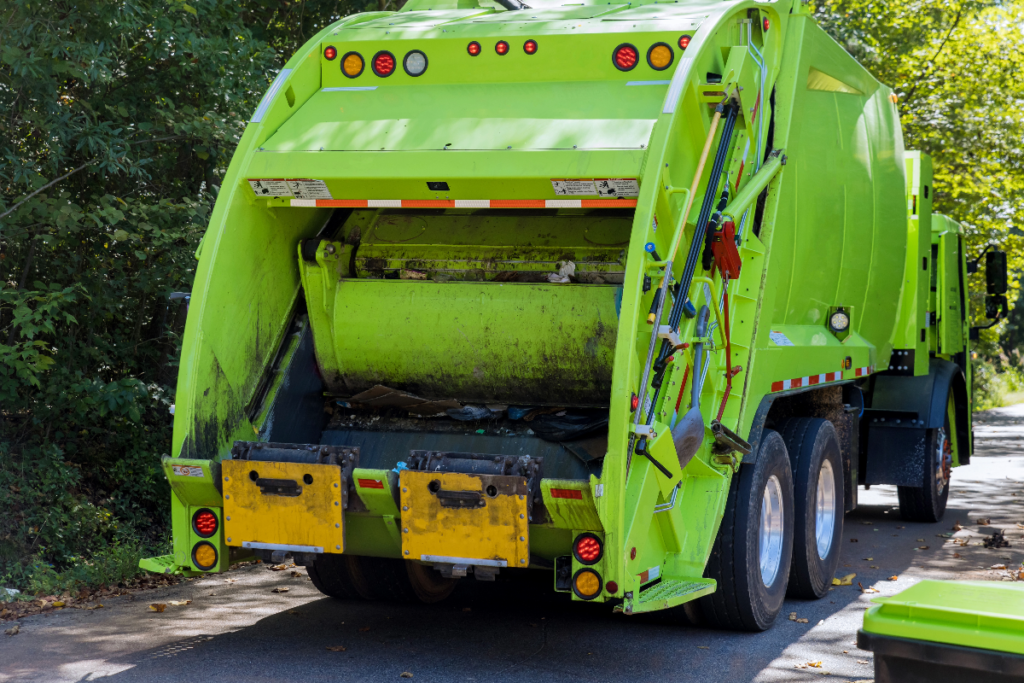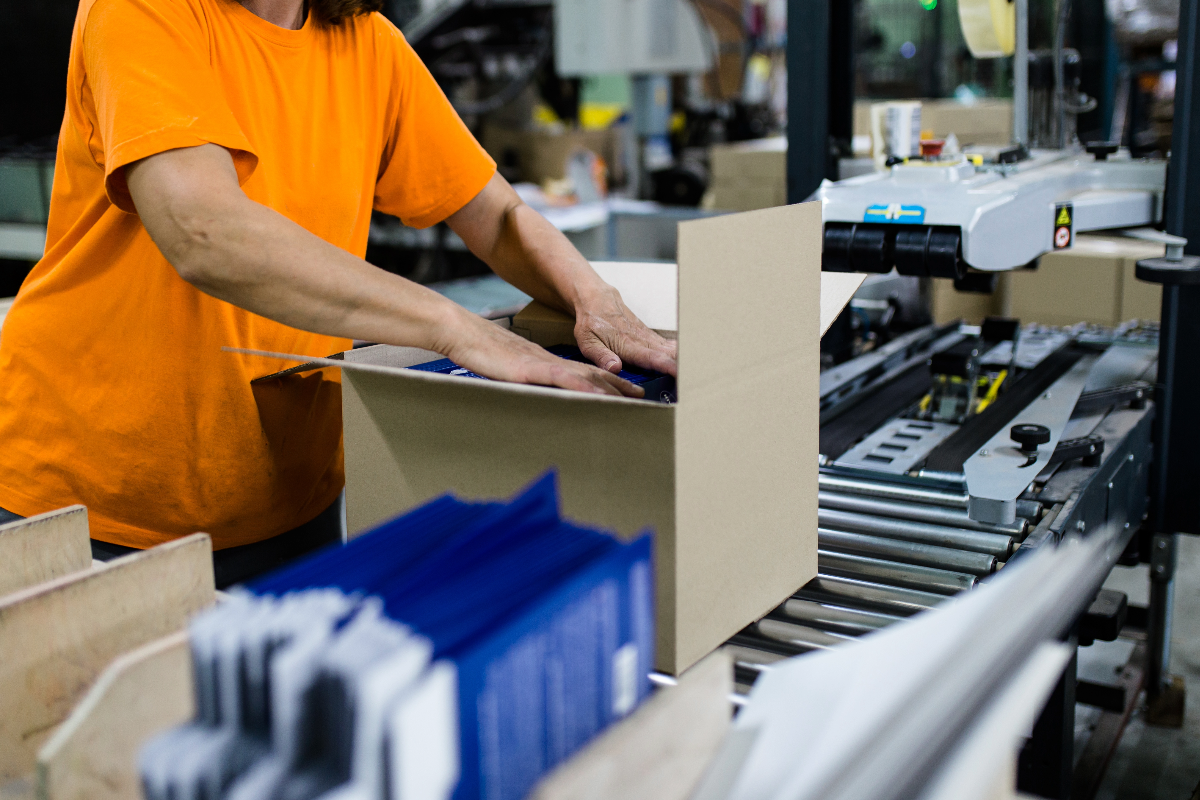BLOG
EPR Regulations: Household vs Non-Household Waste

The new EPR regulations are changing the way businesses that produce packaging are responsible for it. Now, anyone who places household packaging waste on the UK market will have to pay additional fees. But what are these fees, what counts as household waste and how will obligated producers be affected?
How is household and non-household waste changing under EPR?
With the introduction of Extended Producer Responsibility, obligated producers will need to pay the full net cost (FNC) for collection and treatment of packaging waste. The responsibility of these costs was previously on the taxpayer. But the new regulations are shifting this onus to the businesses producing the packaging. This is all in an effort to encourage businesses to use less or more innovative packaging designs.
What EPR fees should your business expect? Click here to find out!
What classes as household waste?
Under the new EPR regulations, any primary or shipment packaging will automatically fall under the umbrella of ‘household packaging’. The exception for this is if it is supplied to a business who is the end user of the materials. This new definition means that packaging can still be classed as household waste, even if it is unlikely that it will ever end up in a household waste bin.
The criteria for household waste all revolves around its position in the supply chain. Due to this, some packaging that would be classed as non-household will fall under the umbrella of household waste with Extended Producer Responsibility. If supply chain has one or more links between the producer of the packaging and the final user, the packaging will be classed as household packaging. For example, your business supplies packaging to a wholesaler who then supplies it to an end customer. Under EPR this packaging would be classed as household packaging as there is more than one link in the supply chain, regardless of whether the end user is a household or not.
Any binned waste will also fall under the household waste definition of EPR too.


What classes as non-household waste?
For packaging to fall under the category of non-household waste, it needs to have one singular link in the supply chain. This means that you will need to supply the packaging to a business who is the final user of the packaging.
All primary and shipment packaging will fall under the category of household waste. But, if you can provide sufficient and clear evidence that you supply to a business who is the final user of the materials, then it will class as EPR non-household packaging. If you can’t provide enough clear evidence, then all primary and shipment packaging should be treated as household packaging.
Want to keep up to date with all the latest EPR news? Check out our LinkedIn!
What does this mean for producers?
It’s incredibly important that obligated producers fully understand the new definitions as they aren’t as simple as “will it end up in a household bin?”. The new definitions focus on the supply chain and where your packaging falls within this. New regulations impose a new fee on producers that produce household waste packaging. This intends to cover the costs of recycling packaging waste instead of having these costs on the taxpayer.
If your business produces waste that falls under the household waste category, then you’ll need to prepare for extra costs and fees. If your business only produces non-household waste, it’s essential that you have the right reporting and evidence to show this. You could be liable to extra fees and additional costs if you’re unable to prove this.
Contact us
Navigating Extended Producer Responsibility (EPR) can be tricky. That’s why we’re on hand to guide your business every step of the way. We can advise you on your obligation and procure your PRNs at the best possible price. Contact our team today to learn more about how Flame UK can help your business stay compliant with the Packaging Waste Regulations.




